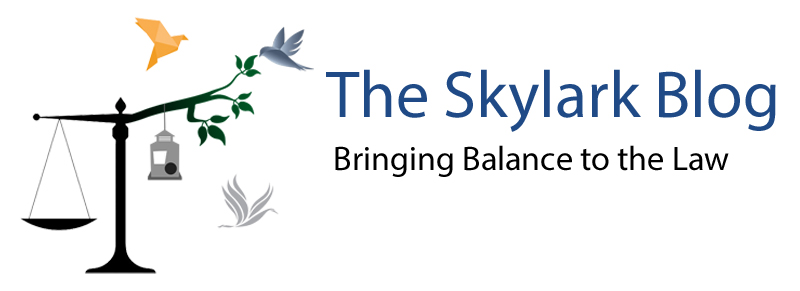In Massachusetts, the asset division statute (M.G.L. c. 208 s 34), grants the court significant discretion and authority to assign assets owned by one spouse to the other in a divorce case in order to reach an "equitable" division. The trial court has broad discretion as to the treatment of all types of assets owned by either spouse, but before the court can determine an equitable division, the assets themselves must first be defined and valued. With many assets the value is straightforward, and there are accepted ways of valuing real estate, personal property and business interests. But some assets, such as stock options, are very difficult to value reliably.
What happens when the value of a marital asset is uncertain?
The Appeals Court, in Canisius v. Morgenstern, addressed this question in regards to potential royalties and movie rights for the author of The Night Circus. The trial court Judge had excluded future income from the sale of the wife's book from the asset division because "the present value of future income of intellectual property is too speculative to consider." The husband appealed, and the appeals court disagreed with the trial Judge:
The court distinguishes the royalties form the existing book in this case from "future earning potential", which would be more like income she might receive from writing a second book. The wife argued that the unknown nature of the royalties were similar to patents, which have been excluded from division in other cases. However, the Appeals Court disagreed, characterizing the book royalties as more similar to a pension.
The Appeals Court went on to point out, though, that there may be good reasons why the division of those future earnings might no be equal.
What happens when the value of a marital asset is uncertain?
The Appeals Court, in Canisius v. Morgenstern, addressed this question in regards to potential royalties and movie rights for the author of The Night Circus. The trial court Judge had excluded future income from the sale of the wife's book from the asset division because "the present value of future income of intellectual property is too speculative to consider." The husband appealed, and the appeals court disagreed with the trial Judge:
"With respect to the possibility of current valuation referenced in S.L. v. R.L., supra, case law indicates that the uncertainty of value of a party's interest does not necessarily require its exclusion from the marital estate."The Court goes on to point out that previous cases have clearly outlined a preference for present division of all assets, but "where a present valuation of [an asset] is uncertain or impractical, the better practice is to order that any future recovery or payment be divided, if and when received, according to a formula fixed in the property assignment."
The court distinguishes the royalties form the existing book in this case from "future earning potential", which would be more like income she might receive from writing a second book. The wife argued that the unknown nature of the royalties were similar to patents, which have been excluded from division in other cases. However, the Appeals Court disagreed, characterizing the book royalties as more similar to a pension.
The Appeals Court went on to point out, though, that there may be good reasons why the division of those future earnings might no be equal.
"Among other things, the future book sales, upon which the royalties are based, may be enhanced by the postdivorce efforts of the writer-spouse through promotion, marketing, brand building, and the creation of subsequent works (which may generate interest in an earlier work)... The point we make here is, with the passage of time, the respective contributions of the parties to the marital partnership, which allowed for the creation of the work, may become attenuated. A judge properly may consider such factors, in conjunction with all of the G. L. c. 208, § 34, factors, in determining the percentages of any future payments to be allocated between the parties. "Given the significantly long-term upon which royalties might be received on this work, this seems like an excellent opportunity for the parties to revisit their settlement options before retrying this issue in the lower court.

 Skylark.law
Skylark.law
Comments
Post a Comment